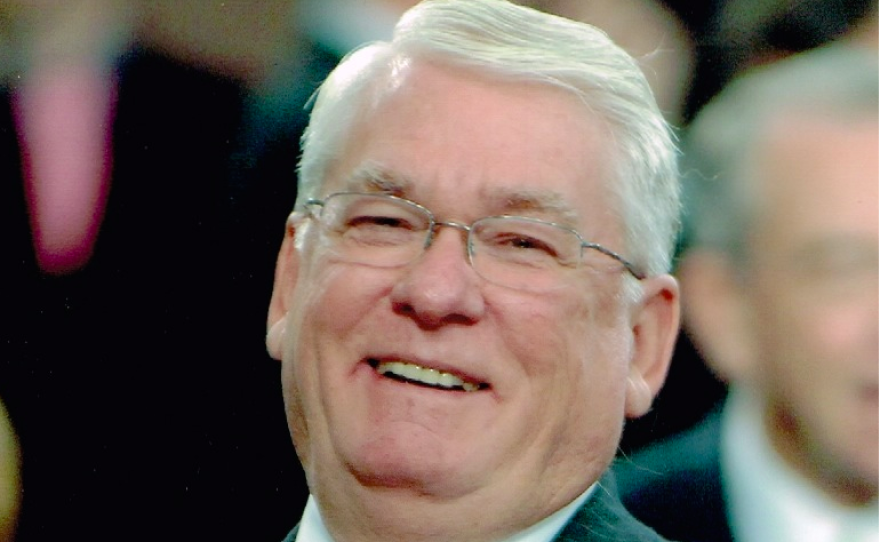The West used to solve its water troubles with dams. But now Dan Beard, a man who used to lead the nation’s dam-building agency, wants to shutter it.
Beard once oversaw the U.S. Bureau of Reclamation’s vast water network in the West, and he helped Congress decide on one billion dollars worth of finishing touches for the Central Utah Project.
But Beard says the water landscape has changed.
“In the middle of a drought, with climate change here and going to impact the horizon,” he says, “water is a much more active and high-priority issue.”
In his new book, Deadbeat Dams, Beard argues that the “Bureau of Wreck” – or W-R-E-C-K , as environmentalists used to call it – is a bureaucratic waste. He also advises tearing down the Glen Canyon Dam to make the Colorado River more efficient.
Beard says the water bureaucracy resists change.
“There are several things you’ve got to keep in mind when you talk about Western water,” he says. “First and foremost, Western water is about politics, not policy. The second thing is logic and common sense rarely play a role in resolving water problems.”
He calls conservation, smarter water pricing and innovation crucial to finding solutions.
Beard is talking about his book this week in Logan, Salt Lake City, Moab and Provo. KUER’s RadioWest welcomes Beard as a guest on Tuesday.
His book comes as a blue-ribbon commission weighs a 50-year water strategy for Utah.







